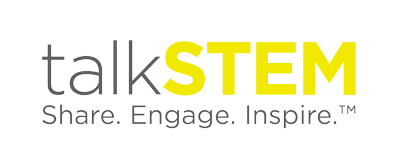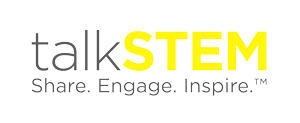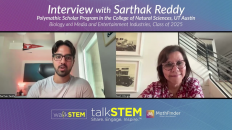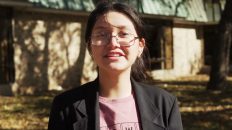An Open Letter to Fareed Zakaria in Response to his Opinion Piece
Click here to view Fareed Zakaria on his opinion piece in the Washington Post, March 26, 2015: Why America’s obsession with STEM education is dangerous
Dear Mr Zakaria,
Both my husband and I appreciate your journalism a great deal. We heard you speak when we attended an Indian nonprofit event at the MOMA in New York City last fall. We enjoyed your comments greatly. While we attended the British Airways lounge in Heathrow early this year, my husband was excited to meet you. He quickly said hello. Thank you for the fine body of work that you have shared with us.
I completely agree that a liberal education, or broad-based learning, is essential for the development of creativity, critical thinking and analytical reasoning. Indeed, I could not agree more that “technical chops are just one ingredient needed for innovation and economic success.” I also agree that, “no matter how strong your math and science skills are, you still need to know how to learn, think and even write.”
Where I disagree with you, however, is your depiction of STEM as being singular, historical, asocial, and somewhat lowbrow. There are two large aspects of STEM education, which your piece did not clearly address. First, STEM education, if done well, develops systems thinking and higher order thinking skills such as synthesis and creativity. Which are relevant and useful in a broad range of human activities, even outside of STEM. Further, STEM knowledge is essential for citizens in a democracy.
Having attended schools in Singapore, I, like you, have experienced curricula that did not emphasize creativity and out of the box thinking. I agree that doing excellently on tests does not equate to excelling in any other area. Equating all STEM education with your personal experience of a limited curriculum or to critiques of the rote learning rampant in Chinese, Japanese, Korean or Indian educational systems is a very large leap. Good and true STEM educational experiences highlight the need to problem solve from different perspectives.
From design and redesigning different solutions, prototypes, and experiments, to collaborating with peers and to evaluate knowledge claims based upon evidence and common sense. Whether students build robots, design energy-efficient buildings or imagine how they would terraform Mars in their STEM classrooms, they are also learning how to think deeply and communicate their ideas with peers. These are examples of systems thinking and higher order thinking skills.
Further, equating STEM thinking processes with pre-Greek, skills-based hunters, farmers, and warriors misrepresents STEM and furthers a stereotype. Citizens in a democracy did and do have to “learn how to manage their own societies and practice self-government.” STEM understandings are as critical to this end as are the humanities. In America, citizens vote and make personal choices on a range of issues that involve an understanding of STEM topics. These topics include:
- climate agreements, and related concepts of carbon footprints and pollution
- development of an array of energy resources
- oil drilling techniques such as hydraulic fracturing
- techniques of editing the human genome
- gene cloning
- treatments of diseases such as cancer, Alzheimers, Parkinsons, and others – all with nebulous causes and treatments
- agricultural practices (including use of antibiotics, pesticides, methods of farming)
- nutritional science (given that we are facing obesity and diabetes epidemics)
- plethora of personal health decisions related to food, medicines, household chemicals, vaccines, and so on.
Ironically, although the numbers of people on smartphones and on the internet are skyrocketing, a correlated rise in scientific thought cannot be seen. No correlation to open-minded willingness to examine patterns and evidence and to rethink explanations and descriptions of phenomena. We need citizens to experience education that gets them to engage in STEM practices. For with that knowledge, they are able to vote knowledgeably and make informed decisions on a host of issues.
For a truly broad-based education, we need to build authentic curricula that allow our students to try out identities as artist, scientist, anthropologist, and so on. Along with participating in learning communities, where they learn how to look at the world through the lenses of these different disciplines. At the same time, given that we live in an interdisciplinary world and that a good deal of innovation takes place at the junctions between disciplines, the connections needs highlighting. STEM (both as an acronym and a set of practices) became coined in order to highlight these connections. The fact that we do not work in silos. STEAM (which includes the arts) similarly highlights the fact that we need everyone on board. We need various tools and sound frameworks, to create better products, improve conditions for humanity, and to safeguard our planet.
Thank you for contributing to the dialogue on STEM education.
Sincerely,
Koshi Dhingra, Ed.D







Add comment